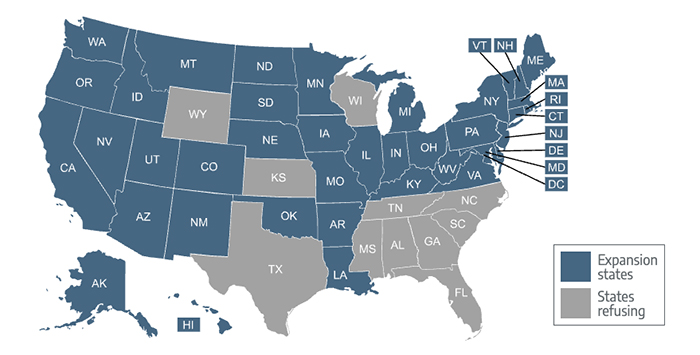Best Immigration Lawyers Denver, CO Of 2024 – Forbes Advisor – Technologist
It is important to understand immigration laws in Denver, their associated rights, Colorado’s laws that impact immigration and the general filing process for obtaining a visa in Colorado’s capital city.
Who Is Covered By Immigration Laws in Denver, CO?
Immigration laws and procedures in Denver, as in every other city in the U.S., are set out in the Immigration and Nationality Act (INA). The INA sets out provisions on who can receive immigration visas, how many can be issued and the rights of those immigrants. Below are common types of immigrants or individuals that are covered by the INA.
Immigrant Rights Under Colorado Immigration Laws
Even if you are just setting foot in Colorado, you have a number of rights under the U.S. Constitution and state laws.
Under the 14th Amendment, you have the right to equal protection under U.S. law and you cannot be discriminated against based on your nationality, race, religion, gender, country of origin, language, age or disability. If an Immigration and Customs Enforcement (ICE) agent questions you, you have the right to remain silent under the Fifth Amendment. You are also protected from unreasonable search and seizure under the Fourth Amendment.
If you are an immigrant working in Colorado—regardless of your status—you have the right to wages for your work provided. If wages are withheld, you have the right to demand them from your employer, potentially with the help of a lawyer.
Though immigrants have a number of legal protections in place, there are responsibilities that come with being on U.S. soil. For example, all lawful permanent residents must follow state and federal laws, pay income taxes, maintain their immigration status, keep proof of their residency status on them at all times and update their address in the USCIS system as needed.
Colorado Laws That Impact Immigrants
In addition to federal laws, Colorado has a number of state laws that impact immigrant’s rights regarding employment, tuition and other key areas. Below is a short summary of relevant immigration laws in the state.
- HB19-1224. This law prevents federal immigration officers from overreaching using state resources. Under this statute, state law enforcement officers are not permitted to arrest or detain someone solely because of a civil immigration detainer. Additionally, probation officers—or probation employees—are prohibited from providing an immigrant’s personal information to federal immigration authorities.
- HB21-1194. As of June 2021, an immigration legal defense fund was created for the purpose of awarding grants to nonprofit organizations that assist indigent immigrants who are subject to immigration proceedings.
- SB21-1131. This bill limits access to immigrant personal identifying information (PII) by federal immigration agencies. State law enforcement that has PII of an immigrant that is not public cannot release it for the purpose of investigating for, cooperating with or assisting federal immigration enforcement officials—unless a court order, warrant or subpoena is issued, or if state or federal law mandates the release of that PII.
Filing Process for Immigration in Denver, CO
Coming into Denver as an immigrant is not a one-size-fits-all approach. Immigrants have multiple options for immigrant visas, but the most common are family-based visas and employment-based visas.
Family-based immigrant visas are acquired through sponsorship from a family member that is a U.S. citizen or lawful permanent resident. U.S. citizens can file a petition for their spouse, child, parent or sibling that is seeking to come to the United States. Permanent residents can file a petition only for an unmarried child or spouse.
Both the applicant and the sponsor must present identification documents to show they are eligible for immigration. The family member sponsoring the applicant is required to submit an affidavit of support stating they will support the applicant, as well as proof of their financial situation. The applicant must pass an immigration interview with a consular officer and undergo a medical examination.
Employment-based immigration visas are similar, in that the employer generally sponsors the immigrant and provides proof they can adequately do so. First, however, the employer needs to receive a labor certification approval from the Department of Labor before filing Form I-140, Immigrant Petition for an Alien Worker. The applicant will also undergo an immigration interview and medical examination the same as if they were applying for a family-based immigration visa.



